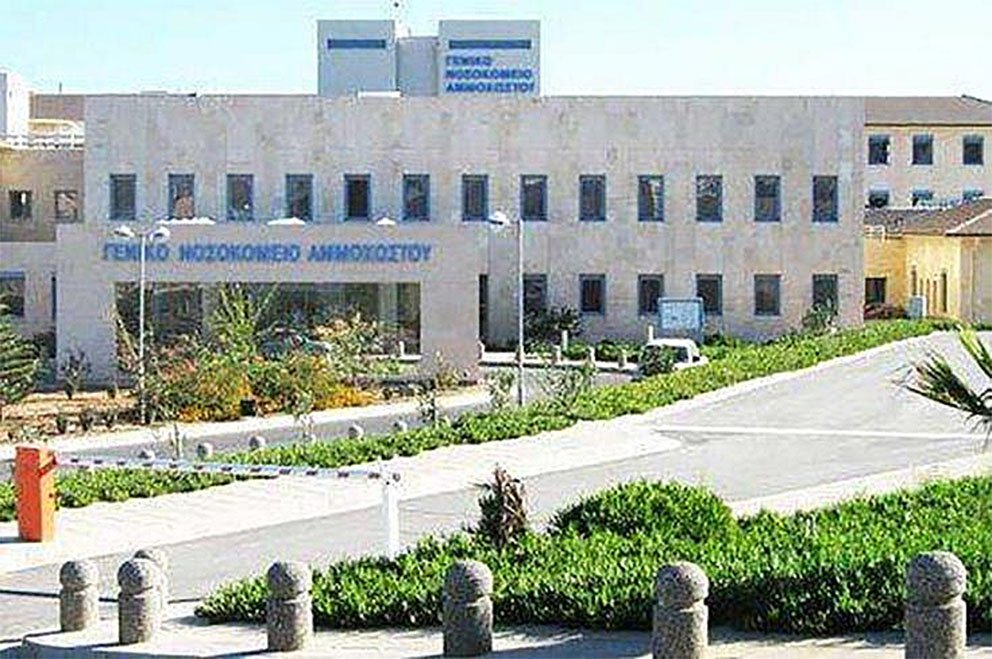Famagusta hospital, the reference hospital for coronavirus cases, reached 100 per cent capacity for the second time this week, with a 28-year-old admitted, as the average age of hospitalisations continues to fall.
On Wednesday night 291 people were in hospital with coronavirus complications islandwide, a number that, in combination with a record number of cases earlier in the week, worried health officials.
With hospitals bracing for a new wave of admissions in the coming days, the state health services (Okypy) are working to ensure there are enough hospital beds available islandwide for Covid patients, executive director Christos Loizides told CNA.
Famagusta hospital is currently treating 75 patients, six of whom are in the High Dependency Unit, its medical director Amalia Hadjiyianni told the Cyprus News Agency, adding that two more were expected on Thursday.
“Essentially, there is not a single empty bed,” she added, “but six or seven patients whose repeat coronavirus tests were negative are expected to be discharged today,” to empty up some beds in case they are needed during the night.
The average age of patients being treated at the reference hospital for Covid-19 complications is currently 59, even though all age groups are represented, Hadjiyianni said.
“The youngest patient is 28 years old, and the oldest is an 86-year-old woman who did not manage to get vaccinated, even though she intended to,” she added.
The national average, both for hospitalisations and deaths, has started to fall due to a combination of factors, namely the ongoing vaccination programme which has covered most of the elderly population, and the more infectious British variant circulating on the island.
A similar average has been reported at Larnaca hospital, where the youngest patient is 36 and the oldest 75. In addition, 47 out of 58 beds allocated to coronavirus patients are currently occupied, according to the hospital’s pulmonary ward director Ioannis Demetriades.
The epidemiological picture in Cyprus is serious, and it seems we are at the peak of our epidemiological crisis, Hadjiyianni said. “Worst of all, younger people are starting to get seriously ill with the virus, which should really be a warning that tomorrow it could be us suffering”.
Hadjiyianni reiterated once again the importance of following the relevant measures and getting vaccinated as soon as we have the opportunity, “to protect ourselves and our loved ones”.
Lastly, she called on members of the public to help their elderly relatives without a computer, or who cannot book an appointment for themselves, to arrange their vaccinations to avoid falling seriously ill with the virus.







Click here to change your cookie preferences